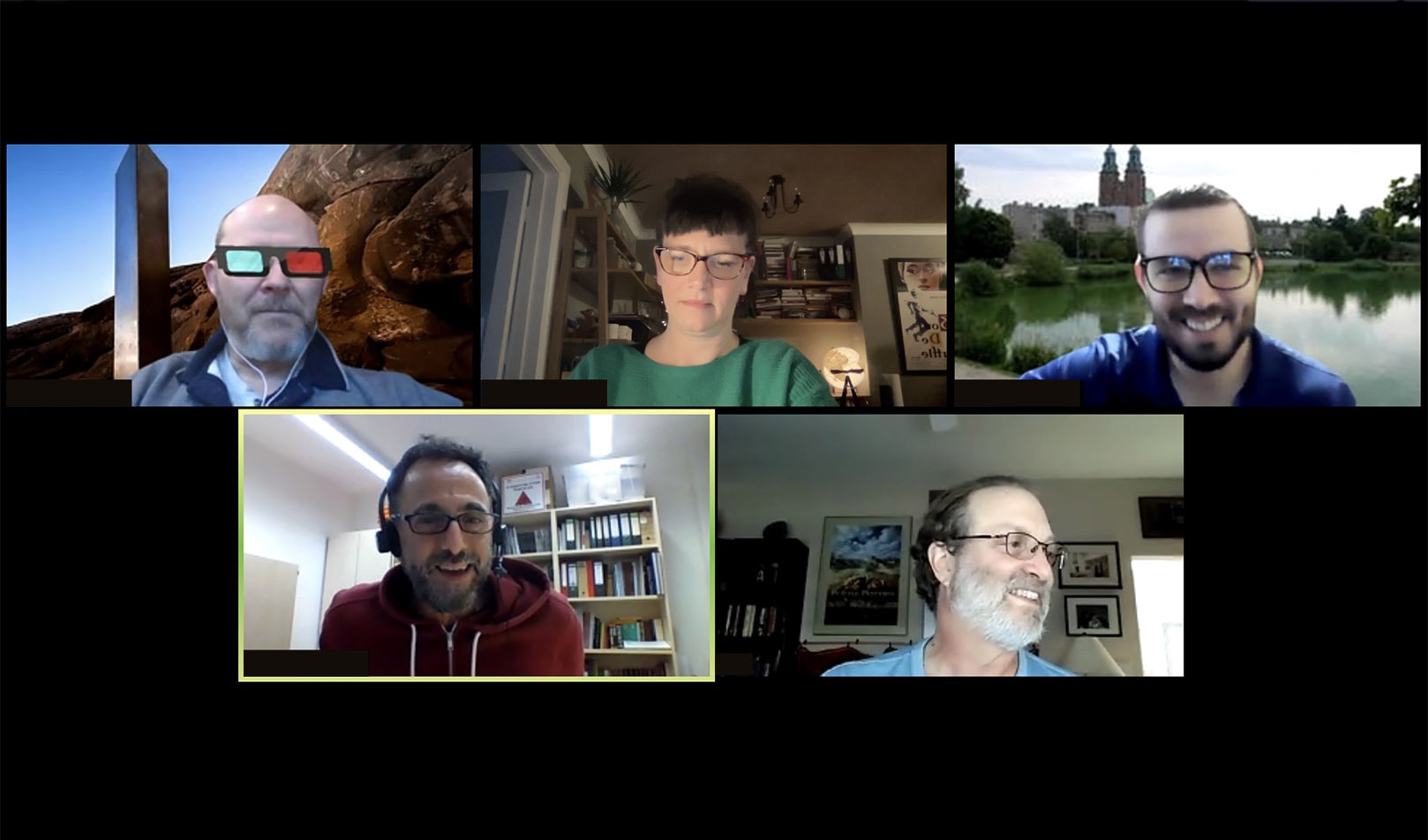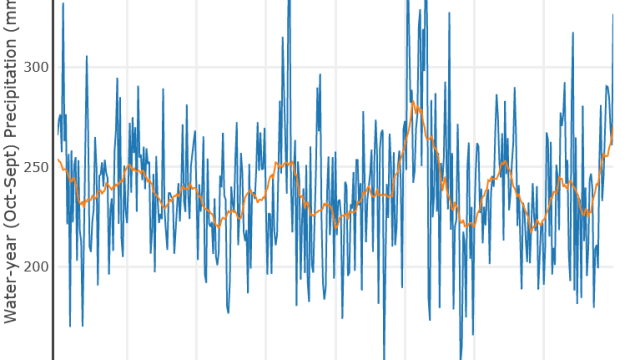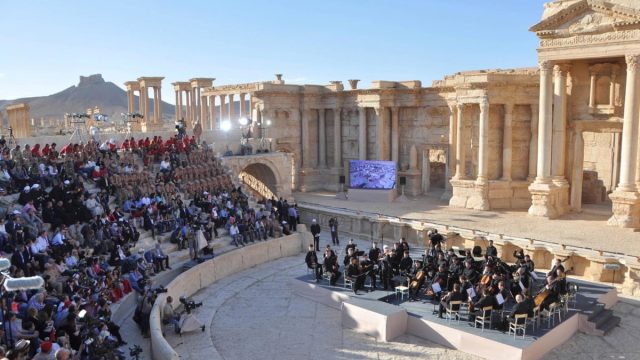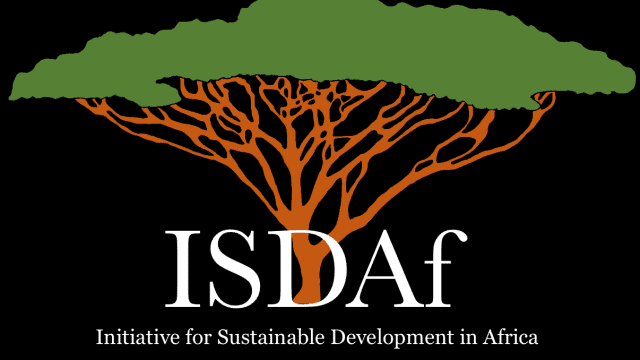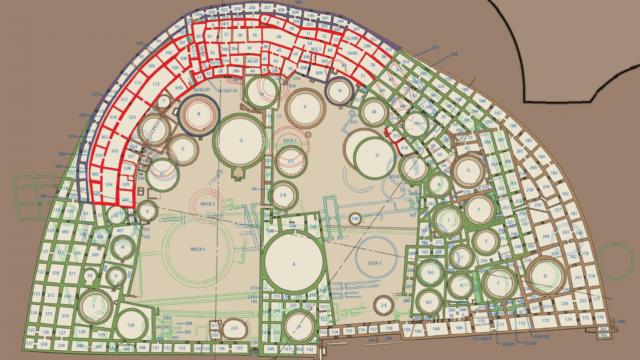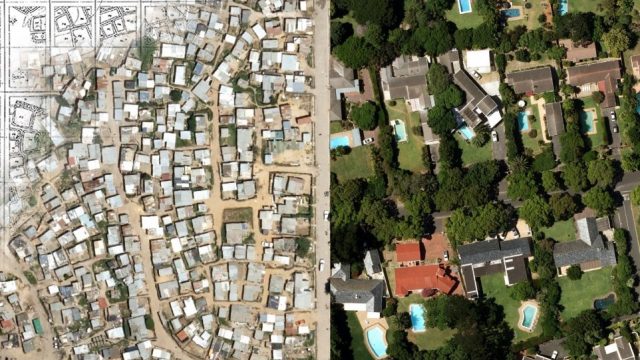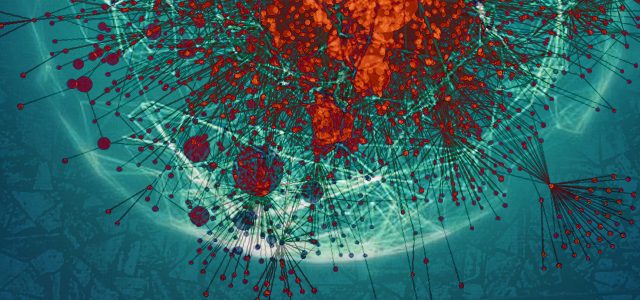
Productivity and Scaling of Middle-Sized Work Groups
This project leverages an important outcome of research into complex systems—that pervasive scaling laws capture how the productivity of human networks co-varies with their size and topological structure—to seek mechanisms for improving the core technical competencies of the Air Force Research Laboratory. For spatially embedded social networks these scaling laws exhibit striking regularities; whether such regularities also exist in cases where movement costs are trivial (as in online collaboration networks and social networks localized in small villages) is less clear. This project will characterize the productivity of work groups of tens to hundreds of persons. The two case studies will involve research groups at the Air Force Research Laboratory, and tribal-level social groups reflected in the archaeological record. The basic premise is that the productivity of such groups will reflect scaling laws emanating from complexity science derived from first principles related to the costs and benefits of interaction.

